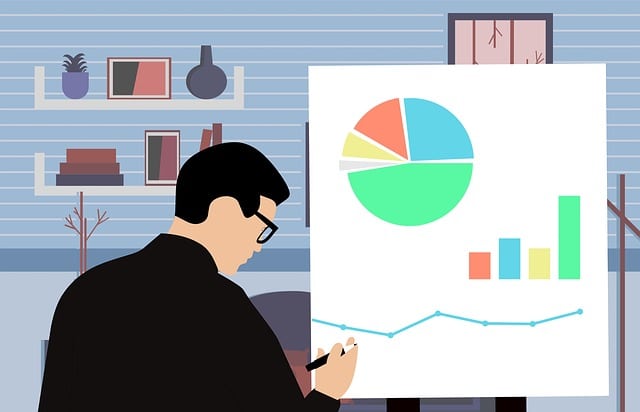
An analyst is someone who is dedicated to developing analysis.
The dictionary of the Royal Spanish Academy ( RAE ) recognizes several meanings of analyst . These meanings can be divided into two large groups according to the origin of the term.
On the one hand, analyst can be formed from two components: anal (linked, in this case, to the annual; to the events that occur year by year; or to publications with periodic characteristics that compile information from a specific field) and the suffix -ist (which makes possible the formation of nouns referring to an individual with a certain trade or occupation).
The anal creator
The idea of analyst, when it has the aforementioned root, refers to the person who is dedicated to creating annals . As we already indicated, annals can be compilations of news and texts focused on a particular field.
The idea is usually associated with a class of historian of Ancient Rome . Analysts, in this context, were writers who dedicated themselves to investigating and narrating events that occurred from the days of the Second Punic War (which took place between 218 and 201 BC ) until the period of the dictator Lucius Cornelius Sulla ( 82 – 79 BC ).
Most important Roman analysts
These analysts used the records of Roman families and the State archives to recount the most relevant events of each year. One of the most important sources of consultation were the so-called annales pontificum or annales maximi , for which the maximum pontiff was responsible.
It is common to distinguish between two sets of analysts. A first generation, active up to 150 BC. C. , opted for reliability and used precise language. Then a second generation emerged that began to resort to rhetoric and embellish the texts.
Fifth Fabius Pictor, Lucio Calpurnio Piso y Publius Valerius Antias están entre los analistas más conocidos. Es importante señalar que el job de muchos de estos historiadores se perdió cuando los galos incendiaron Rome.

Chemical analysts work in laboratories.
The one who does analysis
The concept of analyst does not only appear associated with Roman history. Currently, the notion has a more common use related to someone who performs an analysis (a detailed examination or study).
In this framework, analyst comes from the French analyste . This word is a haplology (generated by removing a syllable similar to an adjacent one) of analysiste .
There are, thus, numerous types of analysts. This refers to the expert who develops medical, mathematical, computer or chemical analyses , for example .
The psychoanalyst
Many times, the psychoanalyst or psychoanalyst is called an analyst. This type of analyst follows the theories and methodologies proposed by the Austrian Sigmund Freud for the treatment of mental disorders.
A psychoanalyst, therefore, focuses on different emotional problems of his patients through the exploration of the unconscious . This means that it examines the processes and characteristics of the psyche that do not break into the conscious level but that, in any case, affect behavior .
Analysts, thus, study failed actions and interpret dreams, among other issues. It should be noted that, for Freud , there are biological impulses that condition the behavior of human beings , producing a tension between the subject and the norms of society.
